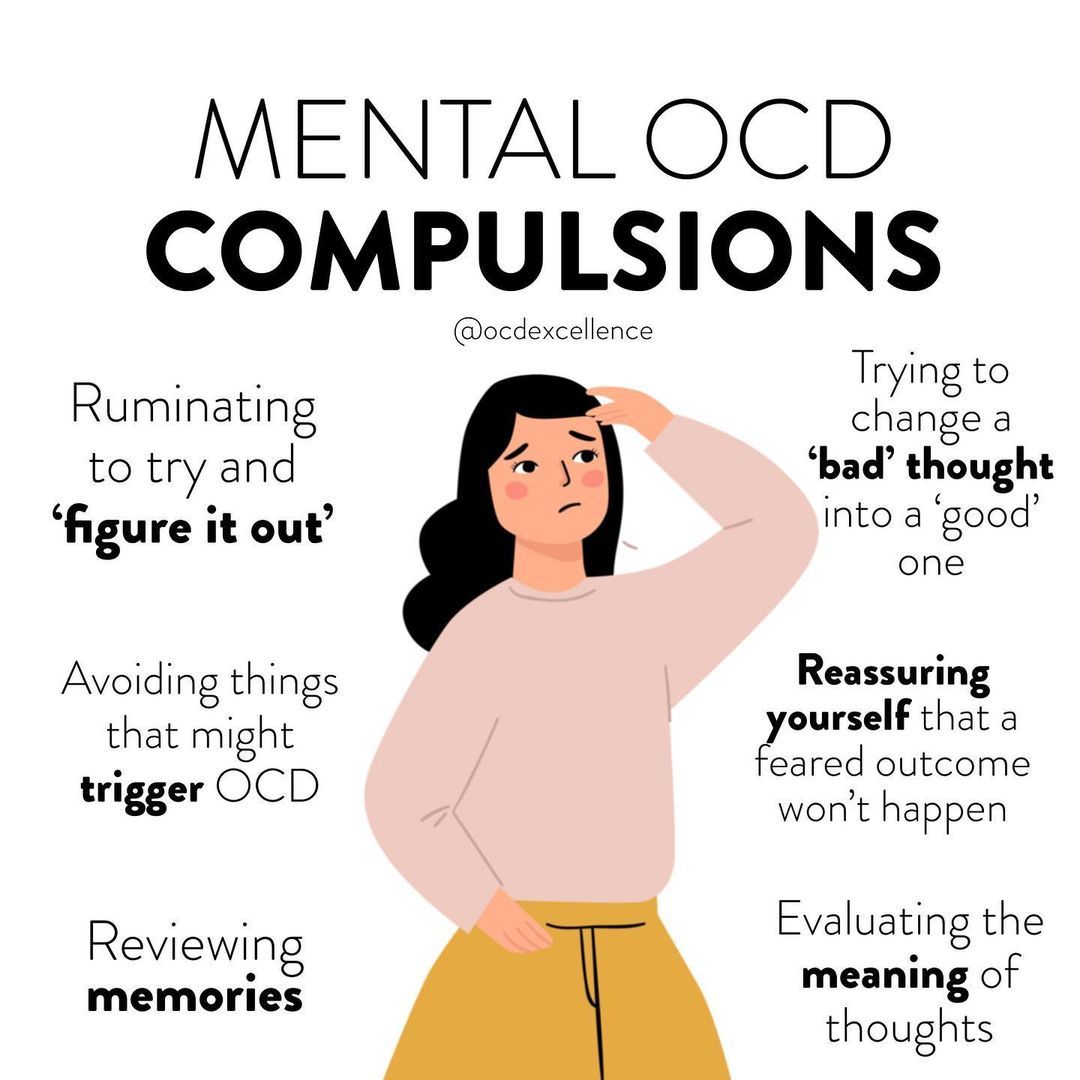A deeper meaning lies in the work of those employed in our education system. Many of us do not realize that the majority of people who work in education have a deeper reason for choosing their specific field.
Elsa Skowronski is a family liaison at District 21 in Wheeling. Her career title is fairly important because her goal is to get children to school. “I think realistically a lot of these things that show up with attendance are more due to things going on at home and in family life,” Skowronski said.
Growing up, she also struggled with the desire to attend school. From an early age, Skowronski had to figure many things out on her own since she came from an immigrant family. She feels that her background and the way she grew up have helped her view families from an alternative lens rather than solely as an educator.
“I mean just things like giving parents a place to be able to have somebody that they can go to whenever they need it is already helpful for families.” In a way, society has tended to view schools as consisting only of teachers and a principal. As a result, when families need assistance, they often feel there are no resources available, when in fact many do exist. Skowronski is able to provide these resources whether children are at home or at school.
A tense feeling entered the room when she began speaking about her experiences in school. I sensed a sort of unease, which gave me an understanding of how she connects with her students. She also did not feel fully connected to her school. Of course, she had a strong connection to her friends, since many of them had similar lives to hers, especially being bilingual. The majority were in ESL classes, though she was not. It seems she may have felt a sense of loneliness when attending school.
Being bilingual has brought Skowronski both struggles and benefits. Her ability to speak both English and Spanish allows her to solve problems that others might not. “Speaking Spanish helps me as far as breaking that barrier when communicating with families,” Skowronski said.
“Because my parents did not speak English mainly I was kind of in charge of my own schooling.” She recalls having to accompany her parents to places to translate. She made it clear that she believes children should not be put in those situations. Even when families are no longer in the district, she makes efforts to let them know they can reach out at any time for translation, free school supplies, and more.
Many people believe social media has lowered students’ desire to attend school. “I feel like social media has created a lot more isolation with our kids,” Skowronski said, “like kids may not have that same attachment to wanting to socialize with their friends because they have social media.”
She explained that as a child she did not have large amounts of online media, and now that she is an adult she no longer has a child’s perspective. Thus, when students face issues related to social media, she has to work harder to understand the problem since it is not very familiar.
As for the schools, she believes finding a balance between empowering teachers to feel more in control of what and how they teach could make an enormous difference.
“We need to make sure teachers are happy as well because it makes it difficult then I think to be as engaging with some of their students,” Skowronski said. She went on to explain that reminding teachers why they became teachers is very important, and oftentimes that reason gets lost with everything else they are given.
In a way, all of Skowronski’s life experiences have led her to this career—from her childhood in an immigrant household to her two years of education studying social work. Perhaps if her family had a family liaison when she was a child, she might have had more of a desire to attend school. Now, in her career, she is able to provide students with what she once needed.




